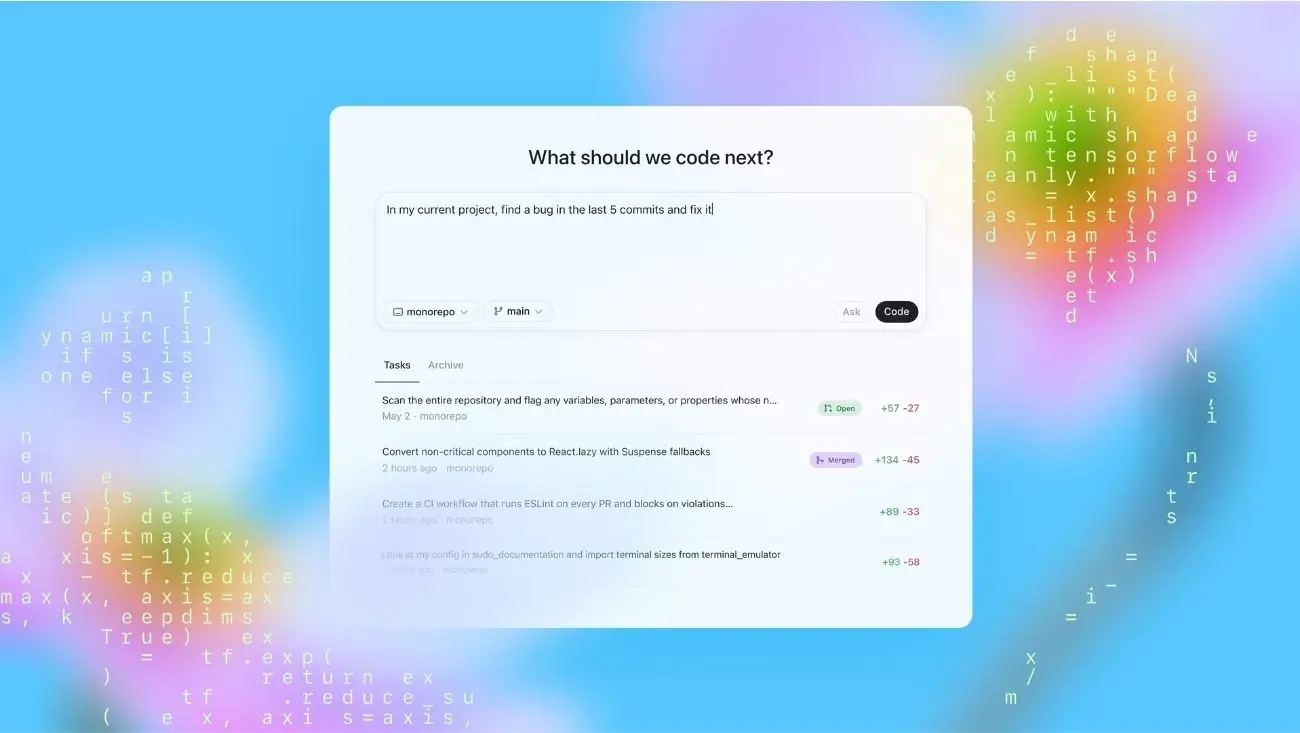In a significant development for the artificial intelligence and software engineering communities, OpenAI has announced the introduction of its OpenAI Codex agent as a research preview within the ChatGPT platform. This new offering is a family of AI models designed from the ground up to understand and generate code, assist with debugging, and support various aspects of the software development lifecycle. The launch positions Codex as a dedicated AI coding partner, distinct from ChatGPT’s more general conversational abilities.
The OpenAI Codex agent leverages OpenAI’s advanced generative AI technology, trained extensively on both natural language and a vast corpus of publicly available source code. This dual training enables Codex to interpret developer intent expressed in plain English and translate it into functional code across numerous programming languages. Its integration into ChatGPT aims to provide a seamless and interactive coding assistance experience. OpenAI also confirmed this via X.
Technical Capabilities of the OpenAI Codex Agent
The research preview of the OpenAI Codex agent is intended to showcase its potential and gather feedback for further refinement. Key capabilities highlighted include:
- Context-Aware Code Generation: Codex can generate code snippets or entire functions based on natural language prompts or existing code context, aiming for relevance and correctness.
- Debugging and Code Refinement: The agent can assist in identifying bugs, suggesting optimizations, and refactoring existing code to improve clarity or performance.
- Code Translation and Explanation: It possesses the ability to translate code between different programming languages and to explain complex code segments in understandable terms.
- Support for Multiple Programming Languages: Codex is designed to be proficient in a wide array of popular programming languages and frameworks.
- Parallel Tasking Potential: Early information suggests that Codex may support handling multiple, potentially parallel, coding-related operations, which could significantly enhance developer workflow efficiency. This focus on specialized AI tools is a growing trend, distinguishing it from general models like the base GPT-4.1 also recently rolled out by OpenAI.
The development of a dedicated OpenAI Codex agent reflects a strategic focus by OpenAI on creating specialized AI solutions for professional domains. While general large language models (LLMs) have demonstrated impressive coding abilities, a purpose-built agent like Codex can be fine-tuned more precisely for the specific syntax, patterns, and challenges inherent in software engineering. This approach mirrors efforts by other companies to create domain-specific AI, such as Windsurf’s SWE-1 models tailored for the software lifecycle.
From a technical perspective, the OpenAI Codex agent likely benefits from architectural improvements and training techniques optimized for code understanding and generation. This could include more sophisticated attention mechanisms for handling long code contexts, specialized tokenization for programming languages, and reinforcement learning from developer feedback to improve the quality and utility of its suggestions. The responsible development and deployment of such powerful AI tools are critical, with ongoing attention to safety and potential misuse, themes also highlighted by OpenAI’s own safety evaluation initiatives.
The integration of the OpenAI Codex agent directly into the widely adopted ChatGPT platform provides a significant distribution advantage and allows OpenAI to gather extensive usage data during the research preview phase. This data will be invaluable for identifying areas for improvement, understanding real-world developer needs, and refining Codex’s capabilities before a broader, potentially commercial, release. The approach of using AI to augment human skills is also seen in emerging accessibility tools, like Google’s use of AI to enhance features for users with disabilities.
However, the increasing sophistication of AI coding assistants like the OpenAI Codex agent also brings important considerations for the software development industry:
- Code Provenance and Licensing: Ensuring clarity around the intellectual property rights of AI-generated code, especially when trained on open-source repositories, is crucial.
- Security Implications: AI-generated code must be rigorously scrutinized for potential security vulnerabilities that could be inadvertently introduced by the model.
- Skill Development and Education: The role of AI assistants in computer science education and the development of foundational coding skills among new programmers needs careful consideration.
- Over-Reliance and Deskilling: There’s a potential risk that over-reliance on AI coding tools could lead to a decline in fundamental coding abilities among developers if not used as a supplementary aid.
OpenAI’s launch of the Codex research preview is a clear indication of its ambition to be a central player in the AI-assisted software development market, competing with established tools like GitHub Copilot (which itself is built on OpenAI’s models) and offerings from other major tech companies. The focus on “agentic” capabilities suggests a move towards AI that can take on more complex, multi-step tasks with greater autonomy.







